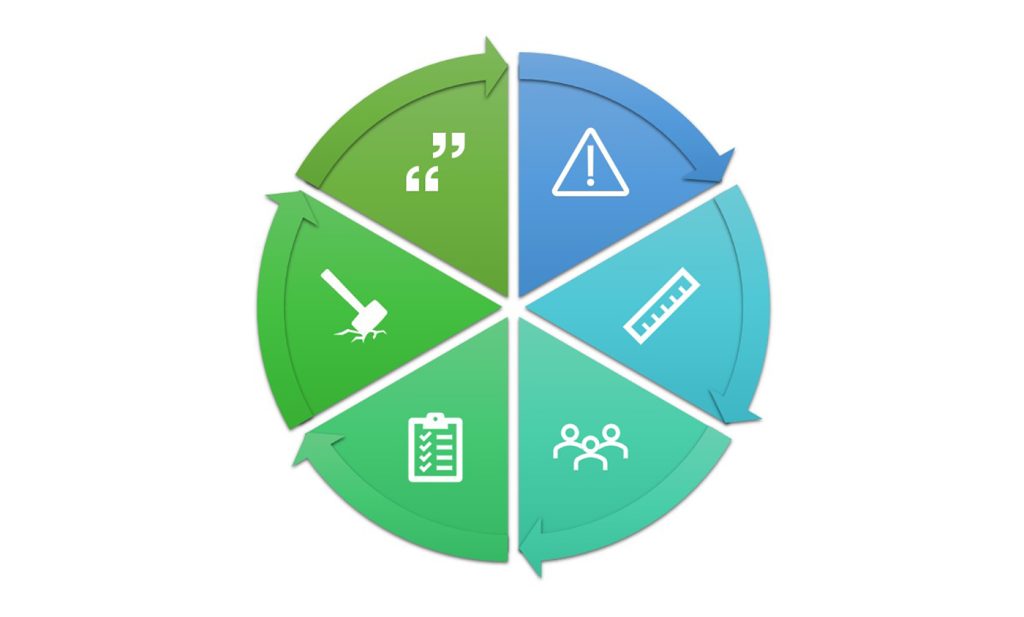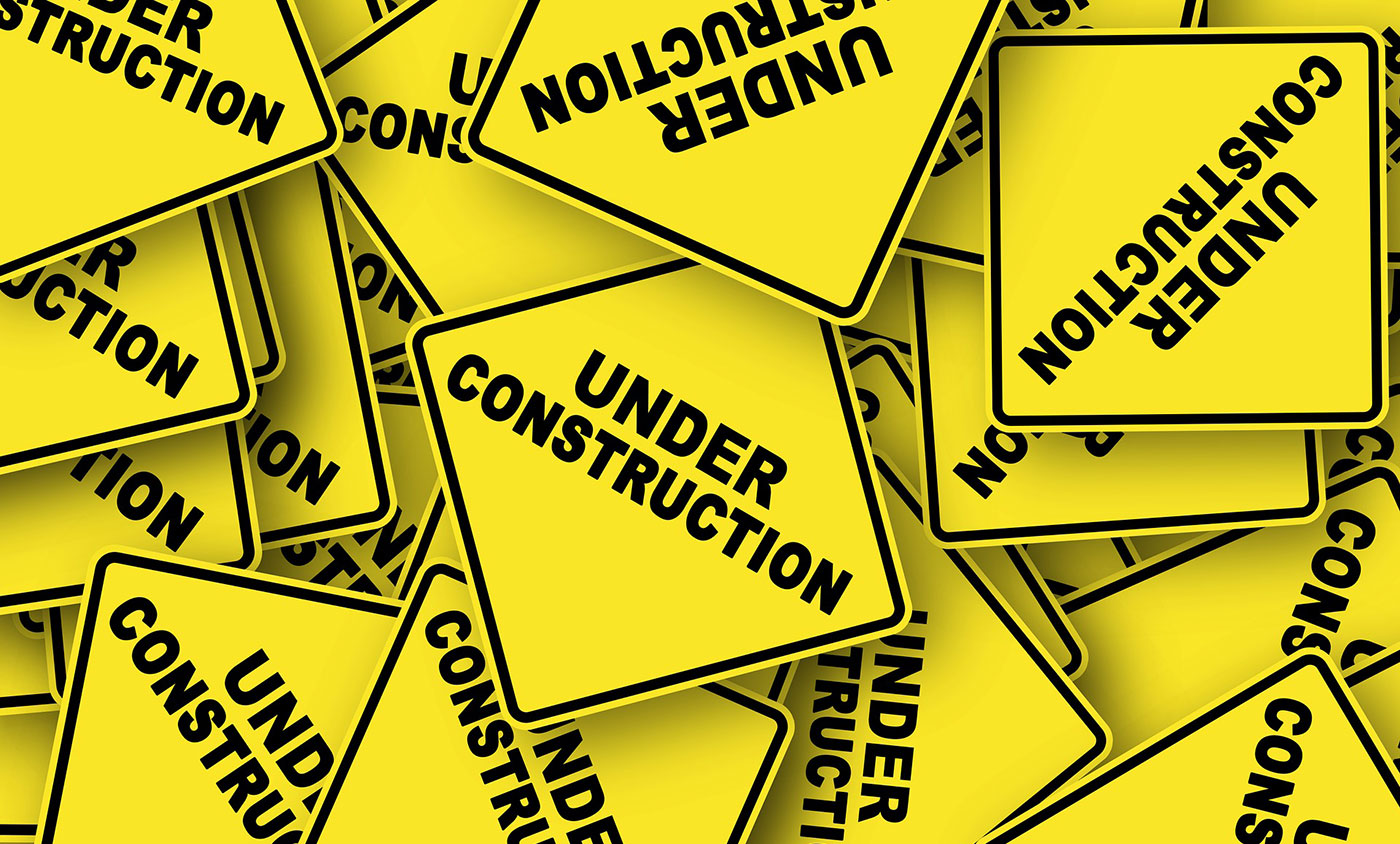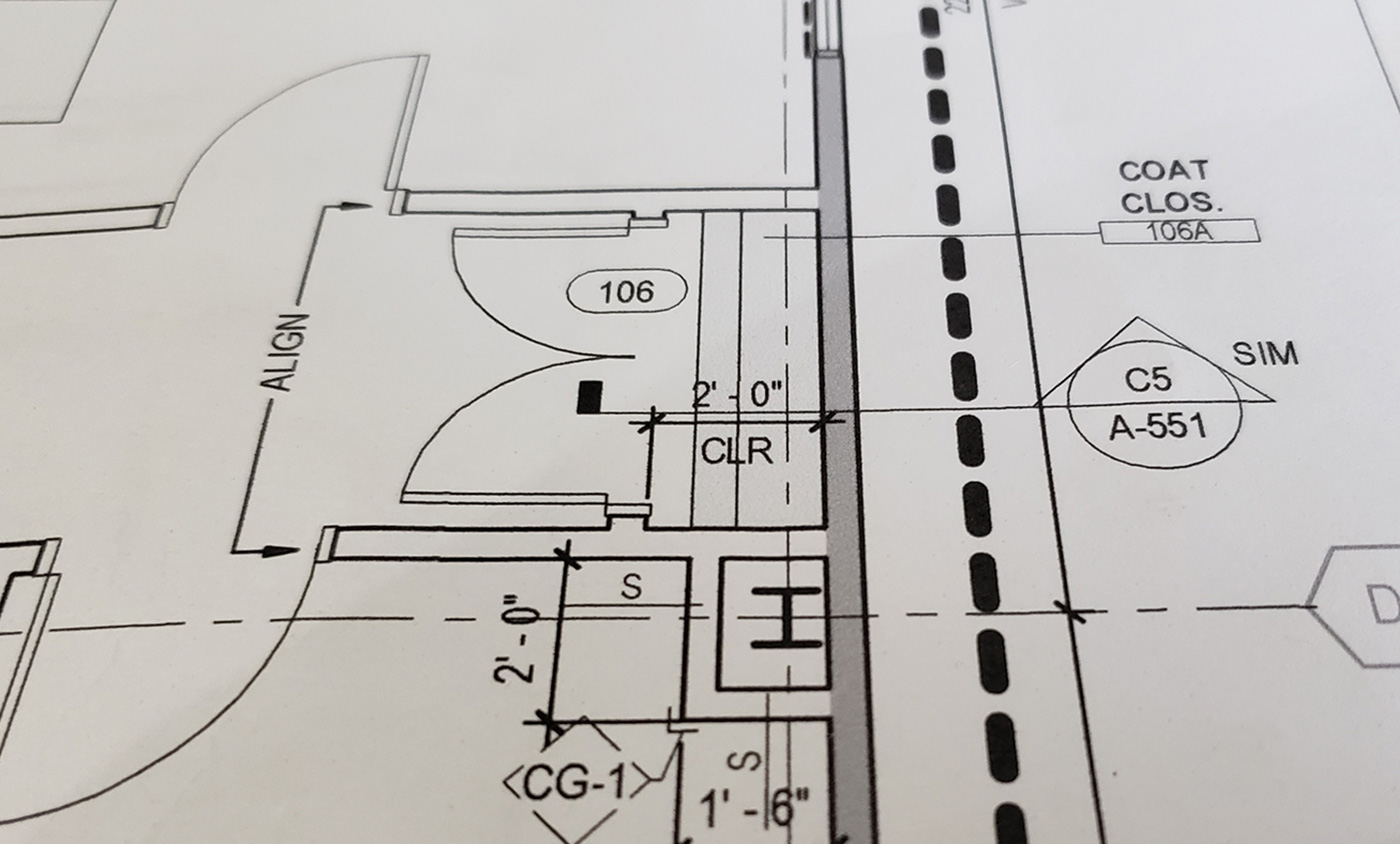Infection Control & Risk Assessment in Construction
Managed Like Your Family Member is a Patient Next Door

Infection Control & Risk Assessment has been a growing mechanism on healthcare construction for a while now but has grown infinitely more important in the face of the current pandemic. Our job as construction managers includes maintaining a clean, safe area for both patients and staff at all times during renovations. Infection Control & Risk Assessment (ICRA) impacts multiple aspects of a project. This includes barriers, air movement (or creating negative air pressure in the space), patient and staff traffic, debris removal, materials delivery, fire safety systems and security systems. Interim Life Safety Measures (ILSM) are a branch of the ICRA umbrella which must also be mitigated.
When we start to plan a project, we perform a thorough Pre-Construction Risk Assessment (PCRA)() which helps to identify baseline systems and areas where risk must be mitigated. This includes a full accounting of adjacent spaces, both on the same floor as well as above and below. We also must identify any electrical, plumbing and medical gas, HVAC and fire suppression systems that will be disrupted or require short-term and long-term shutdowns and how best to approach these requirements to maintain patient care in adjacent spaces.
Having performed this process thousands of times, we have found that proper subcontractor and staff training is essential to the project’s success and providing a bar chart schedule in what we call an “Interim Control Plan” to the end users and the resident ICRA director helps to visualize and place our mitigation plans for approval. On this plan, we map out several critical items including:
- The location of temporary walls (more on this later)
- Any air filtration and where the construction space air will be exhausted
- Temporary lighting
- Temporary fire alarm and suppression – including fire extinguishers or in some cases, a fire watch with the local fire department
- Debris removal path away from high traffic patient areas or, if possible, a chute placed on an exterior window and any other requirements presented by the ICRA Administrator assigned to our project
Recently, the way temporary walls are constructed has changed substantially. The old way of constructing a gypsum board and metal frame wall with simply blue painter’s tape on the joints and an old knock down metal frame and used wood door is slowly being phased out in lieu of a pre-manufactured wall system which can be constructed to conform to any location. These walls are also prepped for all the modern requirements of ICRA – a negative pressure gauge, HVAC exhaust, rubber-gasketing at all contact points and door systems – all which make this an efficient, albeit pricey, alternative to drywall partitions.
In closing, there are many important facets to being properly prepared to mitigate risk and control airborne particles which adds to the cost of construction. This cost is minimal if you approach healthcare construction, as my father says, “like you have a family member as a patient next door to the project.”
About Parris Construction Management: Parris is a family-owned construction management company. We work with owners, property managers, architects and designers, and specialize in the construction of meaningful spaces for leading clients in healthcare, hospitality and education. We retain 100+ years of collective construction expertise, 30+ years of active buying experience in the industry and pride ourselves on delivering outstanding quality.












